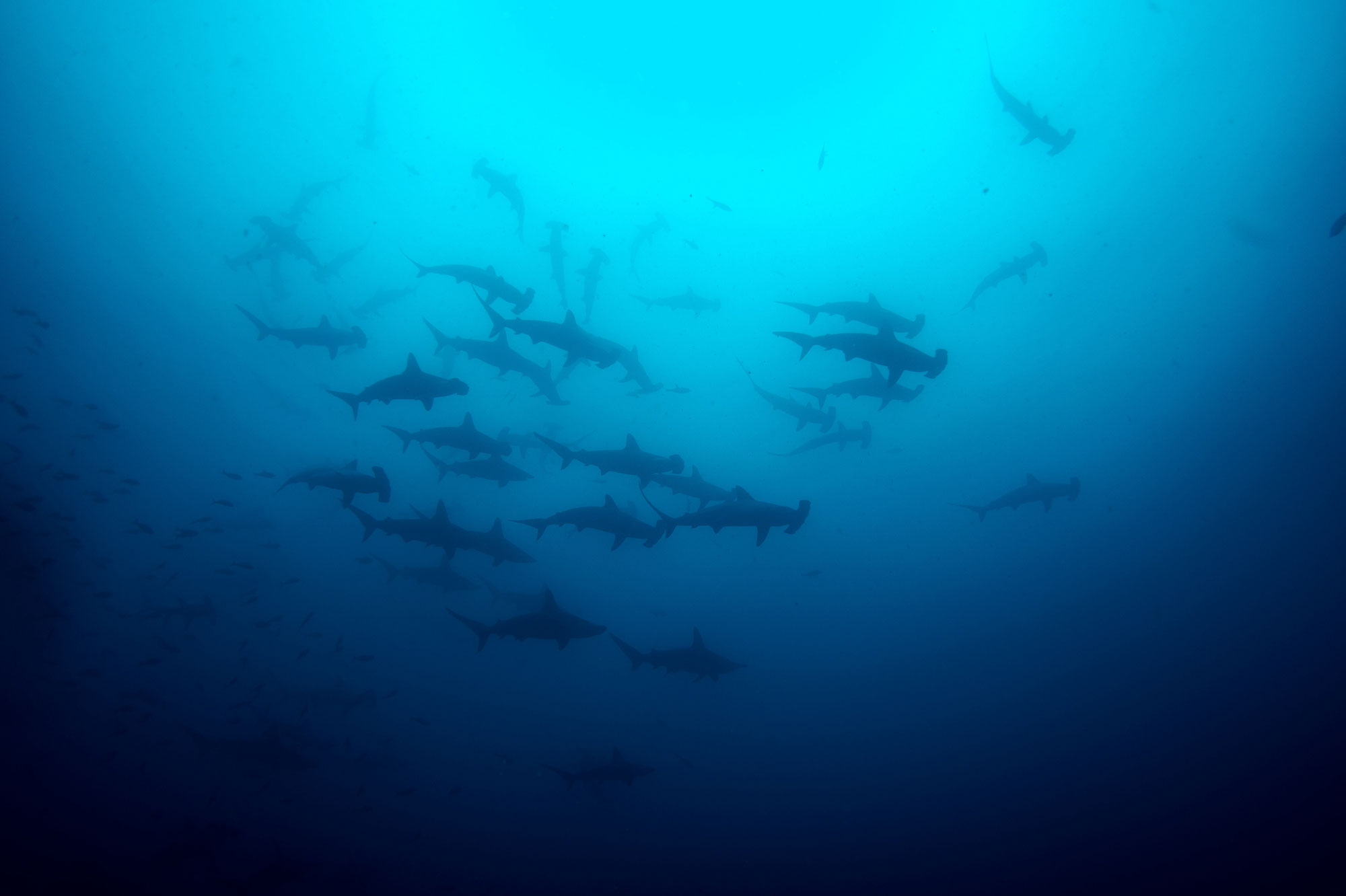Story
Protection for the high seas moves closer with ratification of UN High Seas Treaty
22 September 2025
The BBNJ will enter into force in early 2026 after reaching the 60-nation threshold

Plymouth Marine Laboratory (PML) has welcomed the historic achievement of the Biodiversity Beyond National Jurisdiction (BBNJ) Agreement reaching its ratification threshold, with Morocco becoming the 60th nation to ratify the landmark treaty.
The agreement will officially enter into force on January 17, 2026 – marking what is hoped will be a transformative moment for global ocean conservation – with the first Conference of Parties (COP) happening within the following twelve months (at which point the secretariat will be decided upon).
The Agreement under the United Nations Convention on the Law of the Sea on the Conservation and Sustainable Use of Marine Biological Diversity of Areas beyond National Jurisdiction – commonly known as the “High Seas Treaty” or BBNJ Agreement- covers the two-thirds of the world’s Ocean that lies beyond national boundaries. Adopted by UN Member States in June 2023 after nearly two decades of negotiations, the treaty establishes the first global legal framework for protecting marine life in international waters.
The agreement addresses four critical areas:
- Marine genetic resources, including fair and equitable benefit-sharing from research
- Area-based management tools, including the creation of marine protected areas in international waters
- Environmental impact assessments for activities affecting marine biodiversity
- Capacity-building and technology transfer to support global ocean conservation efforts
UN Secretary-General António Guterres welcomed the development as “a historic achievement for the ocean and for multilateralism,” stating: “In two years, States have turned commitment into action – proving what is possible when nations unite for the common good. As we confront the triple planetary crisis of climate change, biodiversity loss, and pollution, this agreement is a lifeline for the ocean and humanity.”
The BBNJ Agreement creates a legal mechanism to establish protected zones in areas beyond national jurisdiction – waters that have previously been vulnerable to overuse and exploitation. This capability is essential for achieving the global target of protecting 30% of the world’s oceans by 2030 under the Kunming-Montreal Global Biodiversity Framework.
The treaty is designed to provide critical protections for migratory species including sharks, whales, and sea turtles that traverse international waters, supporting ecosystem recovery and building resilience against climate change impacts.
PML’s Professor Matt Frost, Head of the International Office, who attended the first BBNJ Preparatory Commission (PrepCom) meeting in April 2025 said:
“The treaty represents the most significant advance in ocean governance and protection in decades but the challenge will be in its implementation.
For too long, the high seas – our planet’s largest habitat – have remained a conservation frontier with no comprehensive protection framework but the BBNJ Agreement closes this gap. Importantly – and in order to achieve its aims – it will require increased research, monitoring, and capacity-building efforts worldwide.”
The BBNJ Agreement builds upon the UN Convention on the Law of the Sea, strengthening the foundation for international ocean governance. Once in force, it is designed to enable the establishment of marine protected areas in international waters, ensure scientific cooperation in conservation efforts, and promote equitable sharing of benefits from marine genetic resources.
Professor Kerry Howell, PML’s Ocean Challenge Lead for Biodiversity, who also co-leads a UN Ocean Decade endorsed global programme, Challenger 150, aimed at mapping life in the deep ocean, added:
“The deep ocean beyond national jurisdictions harbours some of Earth’s most extraordinary and least understood ecosystems. New species are still being discovered in these waters, yet they face mounting pressures from deep-sea fishing, climate change, pollution, and potentially mining. The BBNJ Agreement provides a much-needed legal framework to protect these irreplaceable ecosystems”.
Secretary-General Guterres urged all remaining UN Member States to join the treaty without delay, emphasising that “the ocean’s health is humanity’s health.”
Having signed up to the BBNJ in 2023, the UK Government introduced a bill earlier this month to support its formal ratification, noting its importance in supporting “food security in the UK by safeguarding a key source of the world’s food and oxygen”.
PML will continue to support both the global implementation of the agreement and the bill for the UK ratification currently with parliament. This includes leading studies on the science that will be critically required.
